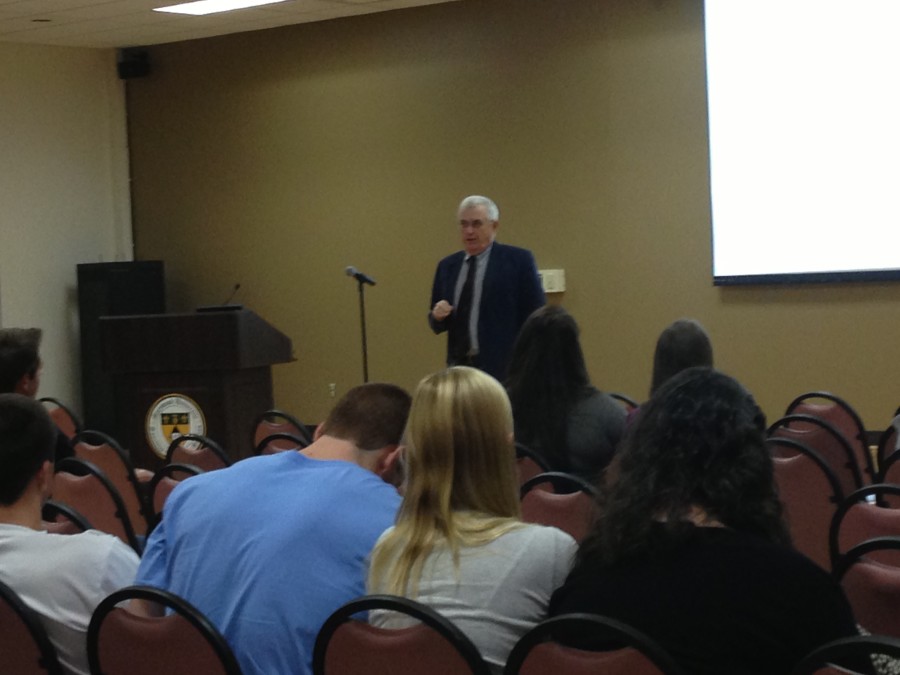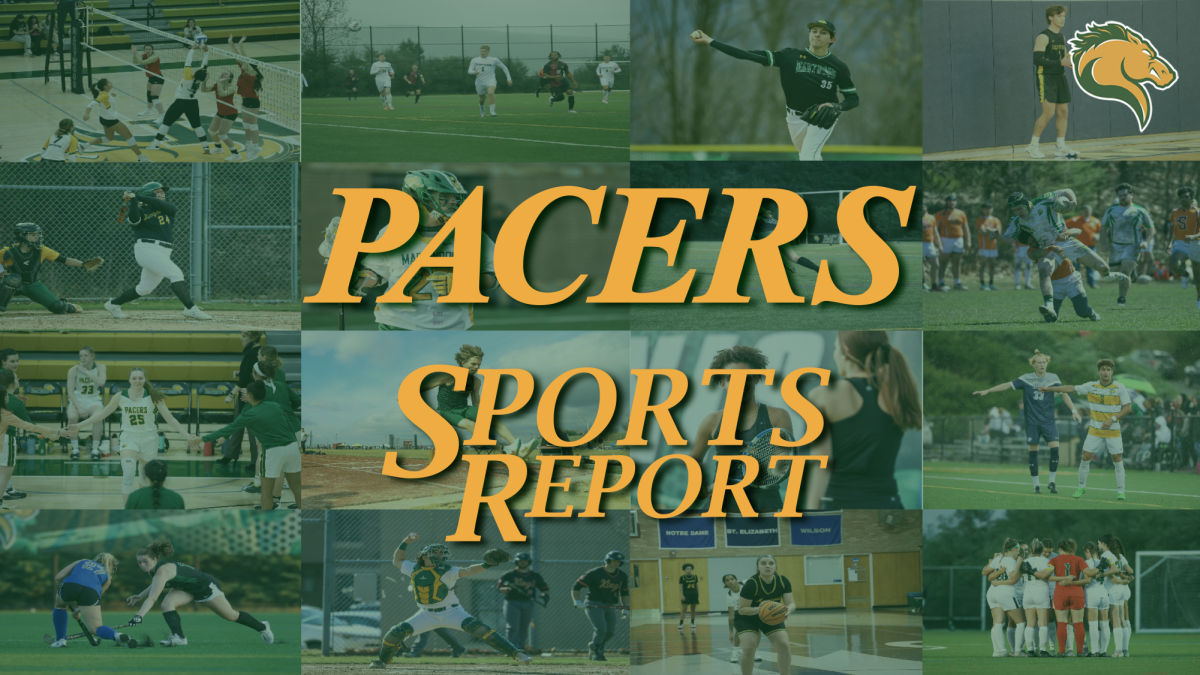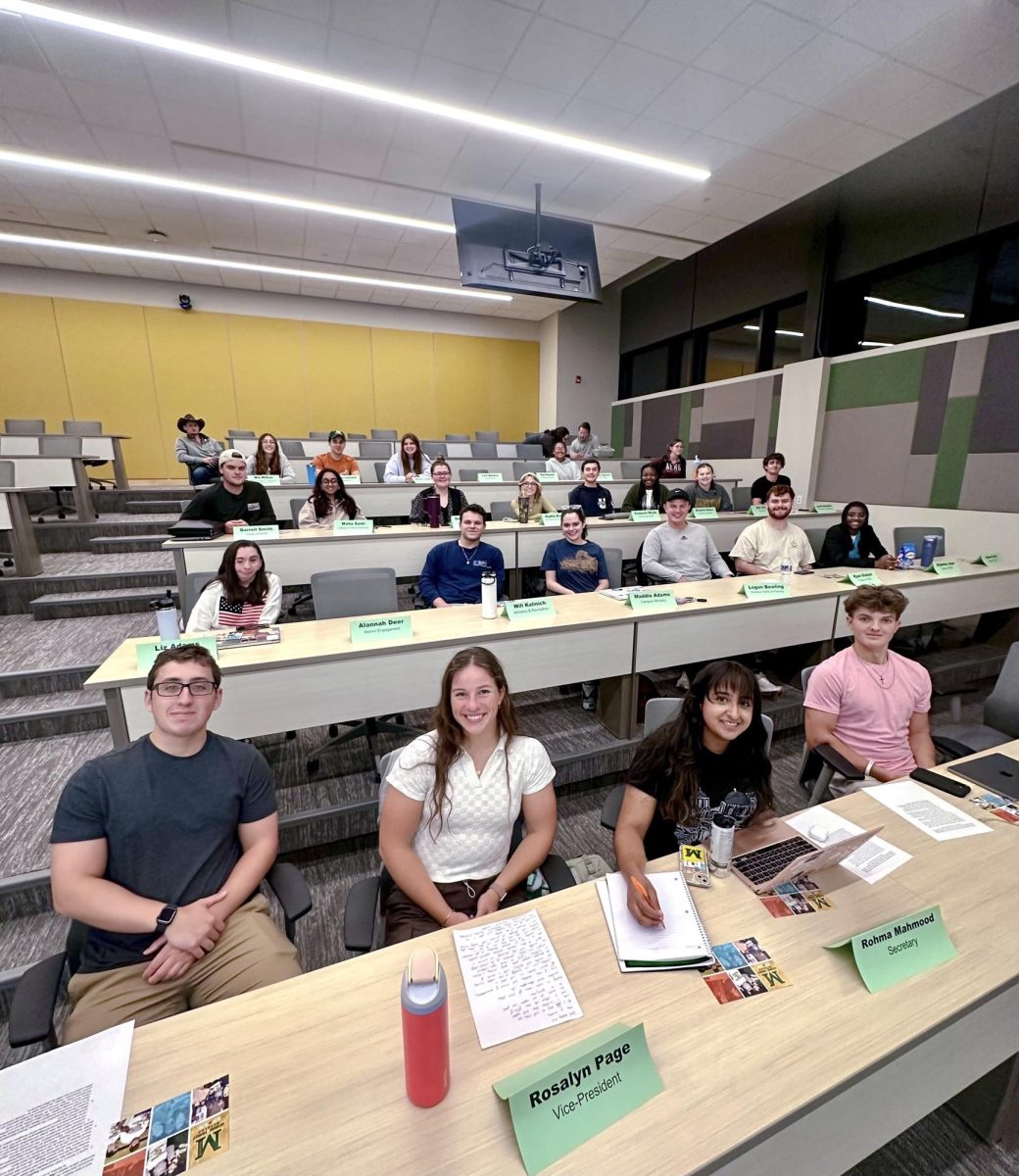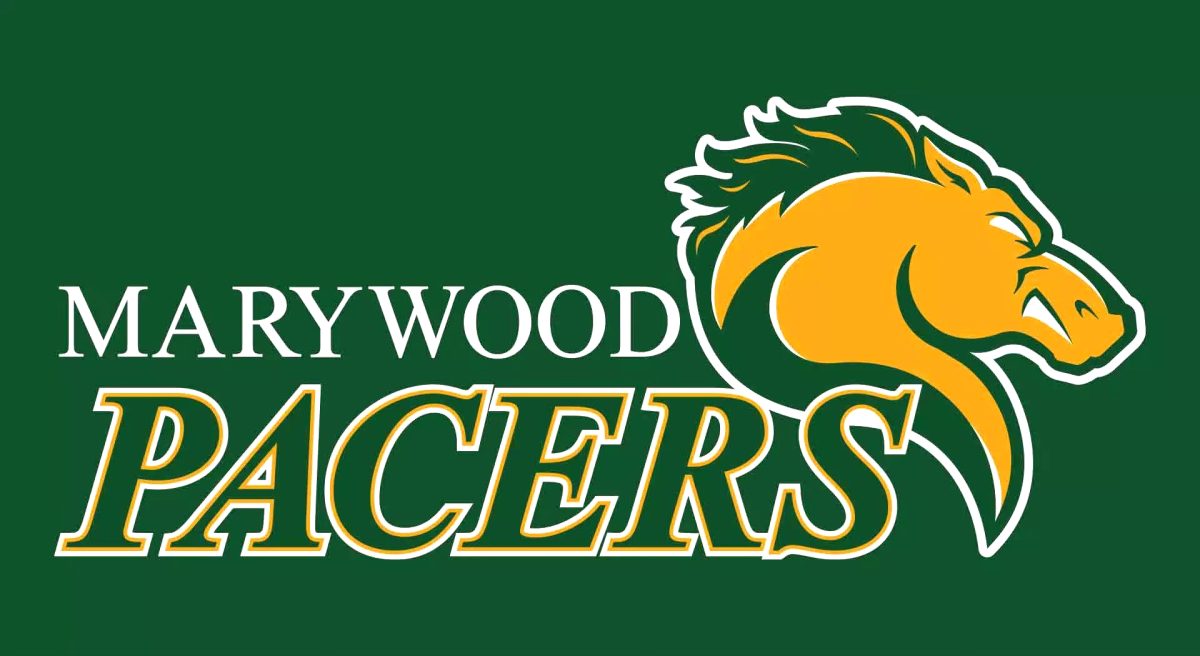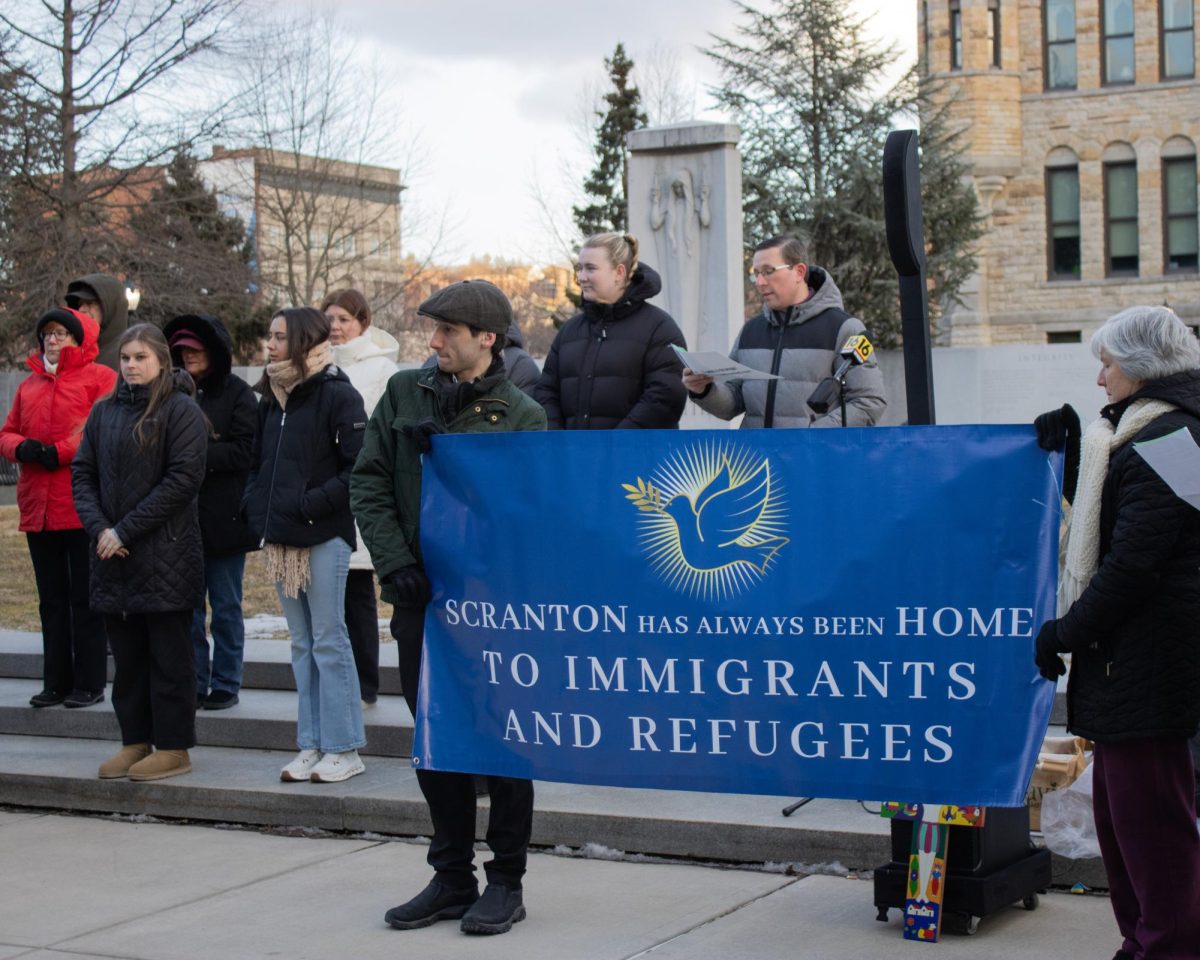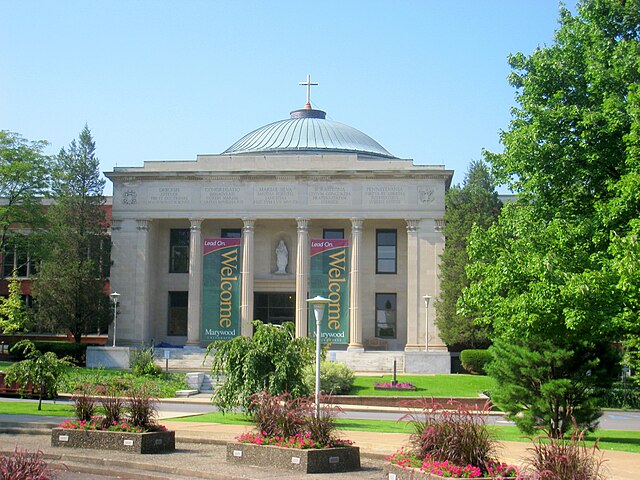Dr. Joel Best, professor of sociology and criminal justice at the University of Delaware, spoke on student loans to a crowd of students and faculty on Monday, September 16.
His talk, entitled, “The Student Loan Messes: How Good Intentions Produced a $1 Trillion Problem,” is also the name of the book that he and oldest son, Eric, wrote together. The speech was aimed at informing faculty, staff, and students about what Best describes as the five problems with student loans.
The “messes,” or problems, Best described included wasted brainpower, deadbeats, crushing debt, the for-profit bubble, and $1 trillion loan debt.
The first, wasted brainpower, is aimed at prospective college students who want to achieve some form of higher education, but do not have the funds to do so.
The first problem is made worse by what Best described as deadbeats, or individuals who got a college degree and took out student loans, but are delinquent in paying them back.
There are so many deadbeats because of the third “mess,” crushing debt. Students often need to borrow such a large amount of money because costs of higher education are so high.
The fourth ‘mess,’ according to Best, is the for-profit bubble. Here, Best was referring to colleges that are more focused on enrollment of students than about retention and degree completion.
The final ‘mess,’ is what Best called the $1 trillion loan debt. This was the focal point of Best’s speech. According to Best, student loan debt reached $1 trillion between 1958 and 2012.
“The $1 trillion in debt from student loans is viewed as an asset to the federal government, so at the end of the day, they are still going to get their money,” said Best. This is problematic because even though 1/3 of borrowers are not paying back their money, the federal government gets every penny they loaned out back, with no questions asked.
Sophomore Nursing major, Sarah Krempasky, said she enjoyed hearing Best’s remarks.
“This was a really informative event,” she said. “It really opened my eyes and made me think of student loans in a completely different way,” she said.
Dr. Frances Zauhar, Dean of the College of Liberal Arts and Sciences, said she learned that we need to continue learning more about student debt.
“We have a lot more to learn about student loans and borrowing than what is currently in the headlines, which sometimes is misrepresented,” she said.
Dr. Brian Monahan, assistant professor of sociology/criminal justice, was the one who coordinated Best’s visit to Marywood.
“The content of the speech was very relevant to students who would want to develop a long-term plan for after college,” Monahan said.



